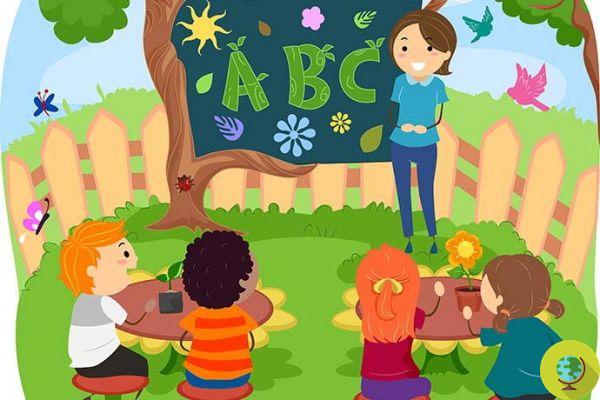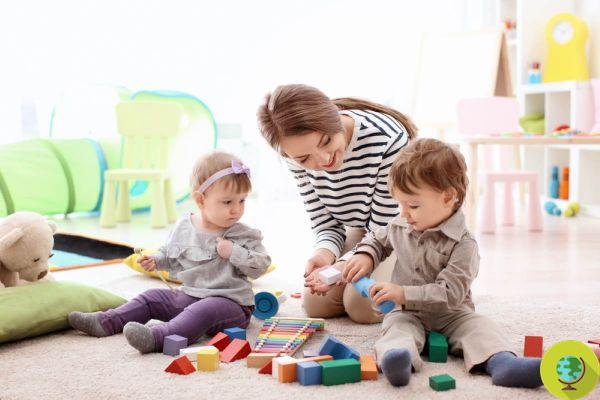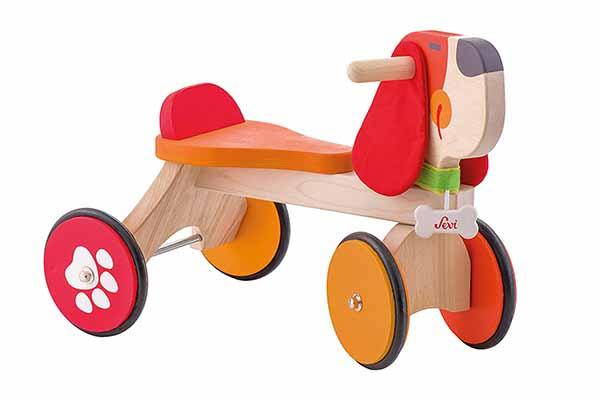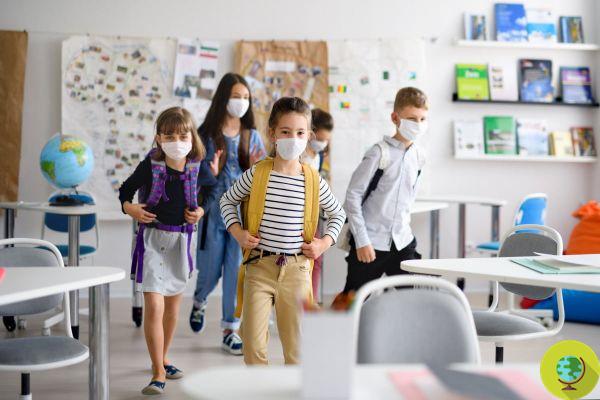
It is now understood that having pets in the home can help children in many ways both physically and emotionally and cognitively. Several studies have shown that children who live in close contact with animals are endowed with greater emotional intelligence and compassion.
Don't store avocado like this: it's dangerous
By now it is understood that to have pets at home can help in many ways i children both physically and emotionally and cognitively. Several studies have shown that children who live in close contact with animals are endowed with greater emotional intelligence and compassion.
Having a dog, a cat, a rabbit, a hamster or other pets can also benefit our children in the field of so-called "Emotional Intelligence" (EQ) which seems to be linked to academic successes even more than the traditional IQ. Among other things, unlike IQ, EQ can improve over time with practice and in this sense our animal friends can be of great help.
The following emotional intelligence skills are most easily developed by children living with pets:
Index
Compassion
As reported by Nienke Endenburg and Ben Baarda in "The Waltham Book of Human-Animal Interaction":
"If there are pets in the home, parents and children often care for the animal together, suggesting that young people learn at an early age how to care for and raise a dependent animal."
Even the smallest ones based on age can contribute to the care and feeding of a pet, a 3-year-old child can for example take a bowl of food and put it on the floor for a cat and can be taught to stroke with delicacy an animal, of course always with due supervision. Older ones, on the other hand, can take the dog out or clean the litter box.
One study in children aged 3 to 6 found that those who lived with pets had more empathy towards other animals and humans, while another study found that even just having an animal in their class school made children more compassionate.
Self-esteem
Caring for animals boosts self-esteem because carrying out simple but important tasks gives your child a sense of accomplishment and helps them feel independent and competent. Having a dog or a cat can therefore be an excellent solution for those with low self-esteem, for example a research found that children's self-esteem scores increased significantly over nine months if you kept pets. at school.
Cognitive development
Children who live with pets play with them, talk to them and even read books to them. The data confirm the hypothesis that all this has advantages for the communicative and verbal skills of the little ones.
Endenburg and Baarda always write in their book:
“Pets could facilitate language acquisition and improve verbal skills in children. This occurs as a result of the animal's role both as the recipient of the child's speech and as an attractive verbal stimulus, fostering communication in the form of praise, orders, encouragement or punishment ”.
Stress reduction
In surveys of children who are asked who they would talk to about a problem, the little ones regularly mention pets, thus showing that in many cases dogs, cats, etc. they can provide emotional support and an additional way to mitigate negative emotions when little ones are feeling stressed. Support given by pets undoubtedly has some advantages over support given by humans: they can make people feel unconditionally accepted and knowledgeable while humans too often criticize and judge.
Understanding the cycle of life
Talking about birth and death with children can be difficult for parents. Learning about the cycle of life through what happens to animals is instead an easy way to learn the basics of our existence. While experiencing the death of a pet can be difficult and painful it can also prove to be an important learning experience and teach children to manage sadness and negative emotions.
On the benefits of animals for children read also:
- DOGS AND CATS: CHILDREN LIVING WITH PETS HAVE LESS INFECTIONS AND ARE HEALTHIER
- HOW PETS (NOT JUST DOGS) CAN HELP CHILDREN WITH AUTISM
- CHILDREN AND ANIMALS: A RELATIONSHIP THAT HELPS GROW
- HOW THE DOG IMPROVES THE HEALTH OF THE WHOLE FAMILY. THE STUDIES THAT CONFIRM IT
- HOW THE DOG IMPROVES LIFE: 10 REASONS NOT TO LESS IT ANY MORE


























